
Bishop Edward J. Weisenburger | Diocese of Tucson website
Walking through the park on a brisk winter morning, I glance at the parking lot near the playground and notice a colorful van. I see big letters on its side panel: “Worry First.” Wait a minute. I look again. Actually, it says “Worry Free,” the slogan of a utility company’s appliance service. I chuckle. I’ve proven something I know about myself all too well. I am a worrier, and I just let my eyes deceive me. Is that my slogan, I wonder, “worry first?”
"We all worry. We worry about the future, about all the things that could go wrong," says Effie Caldarola.
On the one hand, it’s good to be prepared, but worrying is a spiritual problem. A very human one, but a problem nonetheless. In Wendell Berry’s poem, “The Peace of Wild Things,” he writes of waking in the night “in fear of what my life and my children’s lives may be.”
"How many of us can identify with that? Nighttime is the perfect incubator of worry," Caldarola adds.
Berry tells us that he goes into nature when these fears arise, and I believe he’s speaking metaphorically when he writes, “I go and lie down where the wood drake rests in his beauty on the water, and the heron feeds.” His next line is one I have memorized: “I come into the peace of wild things who do not tax their lives with forethought of grief.”
"How much time do we waste taxing our lives with “forethought of grief?” Of all the species in this world, we humans are the only ones who worry about all the “what ifs.” The birds of the air make nests, and they carefully find a spot to protect their eggs from predators. But they are called to this, and they do it naturally and without worry. They live in each present moment," Caldarola reflects.
Turning away from worry does not mean our lives will be without struggle, illness, frustration and certain death. Turning away from worry means that in the moment, in each precious and passing moment, we accept the presence of God with us through it all.
"In Jesuit Father James Martin’s book, “Come Forth,” about Jesus raising Lazarus from the dead, he talks about what some psychologists call “catastrophizing,” always focusing on the negative. He gives examples: 'a bumpy airplane ride meant that we were crashing ... a mildly critical remark from a friend meant that he hated me.' This thinking the worst, expecting the worst or worrying about every possibility can dominate our lives. 'There’s a reason,' writes Martin, 'that they call Satan 'the Prince of Lies.' If Satan can get you to focus on only the negatives, you are living a lie.'"
"Anxiety means a lack of trust," says a spiritual director. "For the anxiety that taxes my life, the worry that exhorts payment in wasted time, wasted opportunities and lost sleep, I know that God is the answer. Making the choice in each present moment to not 'worry first' is a step on the spiritual journey."
In a world full of uncertainties, it is natural for individuals to worry about the future and all the things that could go wrong. However, worrying excessively can become a spiritual problem. Wendell Berry, in his poem "The Peace of Wild Things," captures the fear that often grips us in the darkness of the night. He seeks solace in nature, where wild things live without burdening their lives with the anticipation of grief.
Caldarola points out that humans are the only species that constantly worry about all the "what ifs" in life. While birds build nests to protect their eggs, they do so naturally and without worry. They live in the present moment, embracing each passing moment as it comes.
Turning away from worry does not mean that our lives will be devoid of struggles or challenges. It means accepting the presence of God in each moment and finding peace amidst the uncertainties. Jesuit Father James Martin warns against catastrophizing, the habit of always expecting the worst. Focusing only on the negatives can lead us astray and prevent us from living authentically.
While some individuals may experience genuine anxiety that requires medical help, for many of us, anxiety stems from a lack of trust. Choosing to let go of worry in each present moment is a step on the spiritual journey towards finding peace and serenity.
In a world that constantly bombards us with reasons to worry, it is essential to remember that worry is not the answer. Trusting in a higher power and living in the present moment can help us navigate life's uncertainties with grace and resilience.
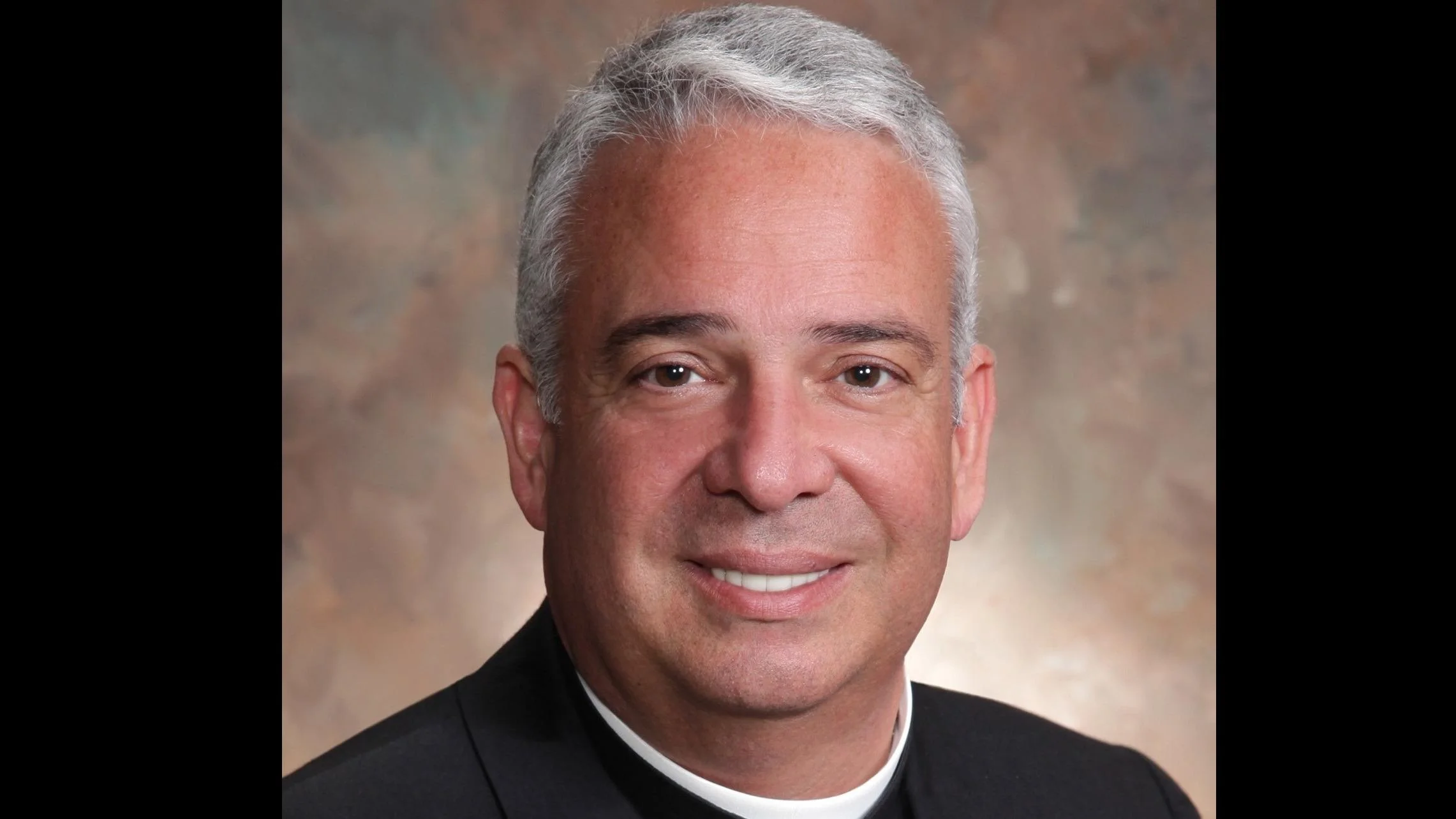
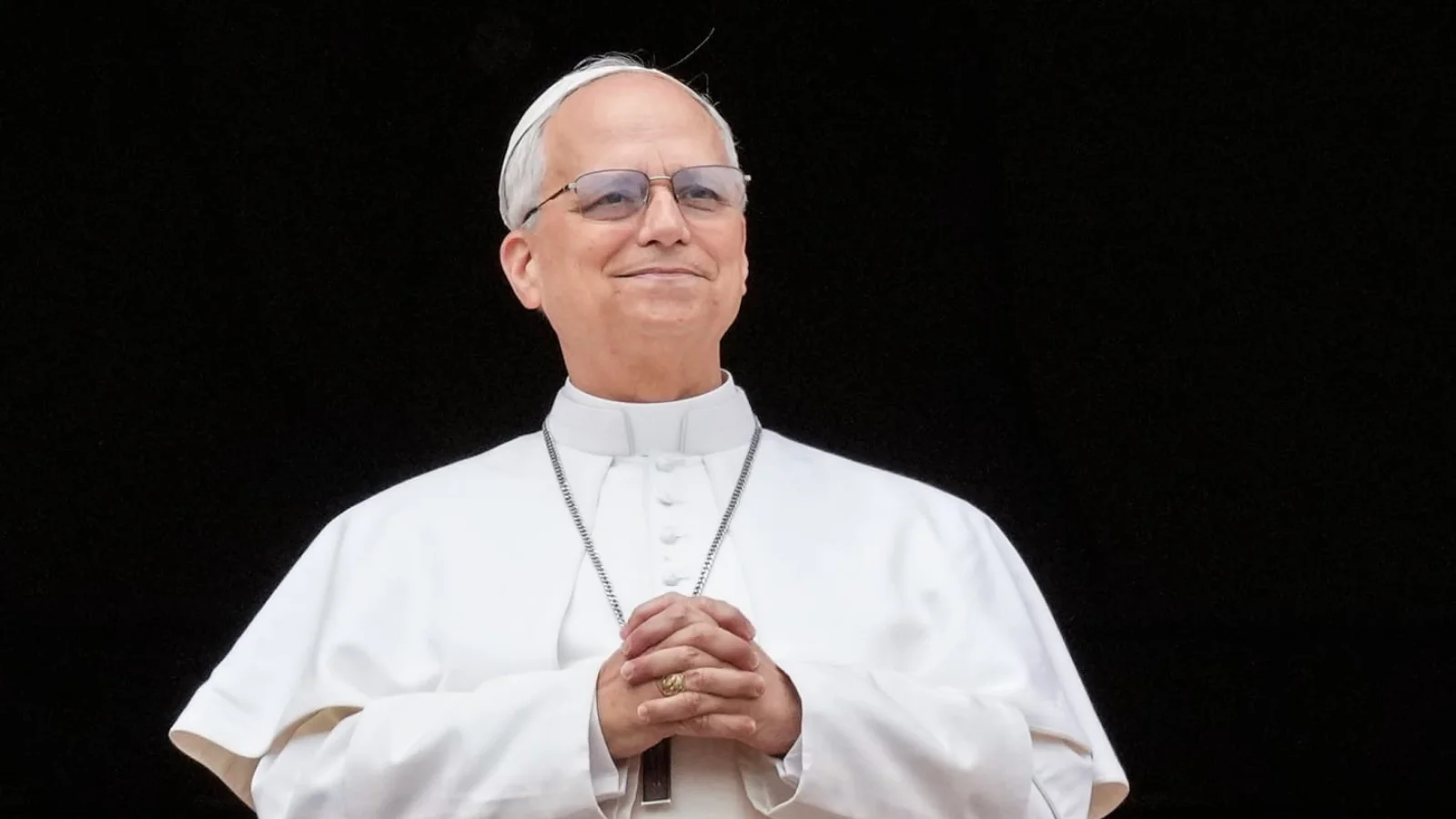
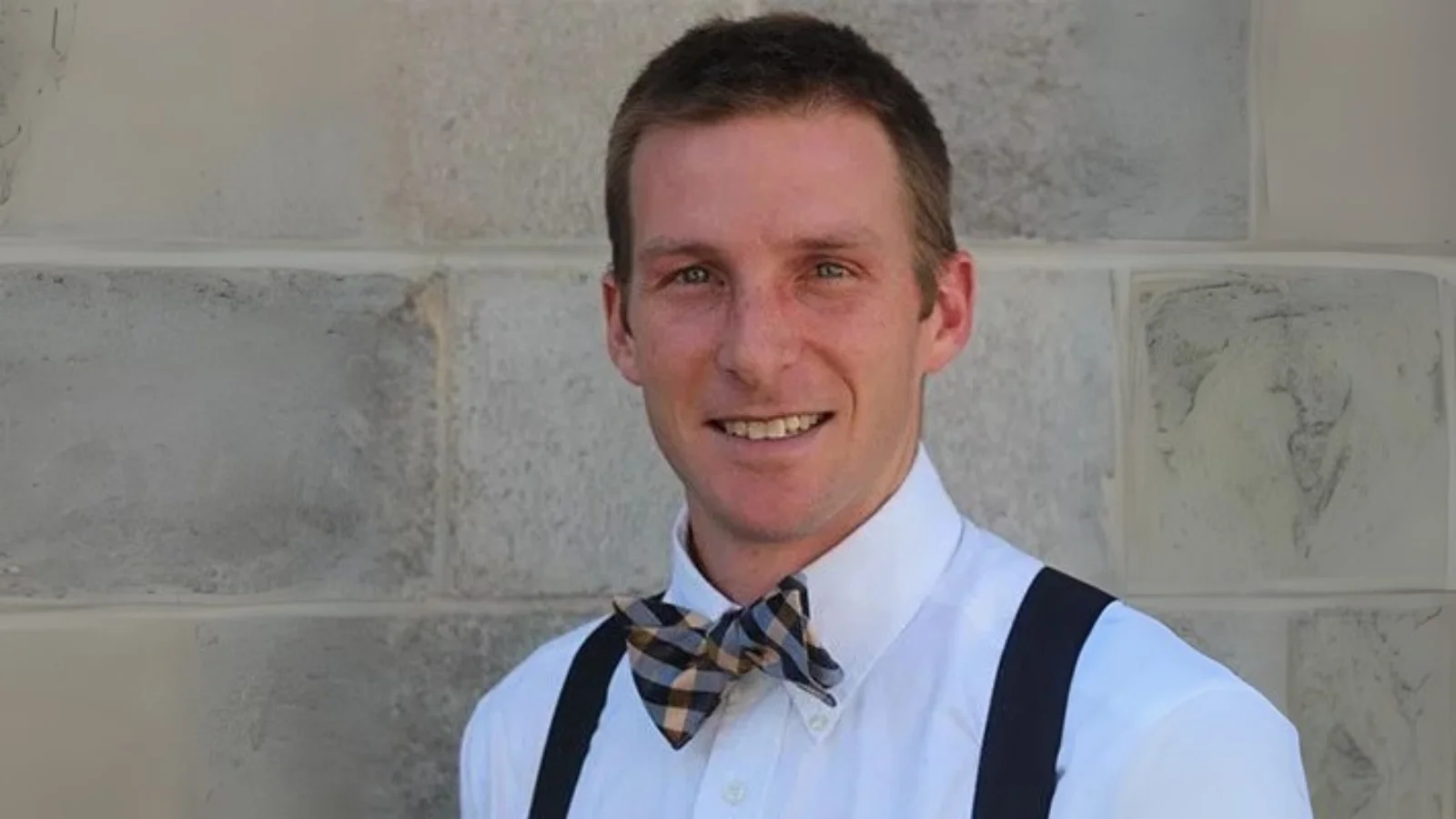
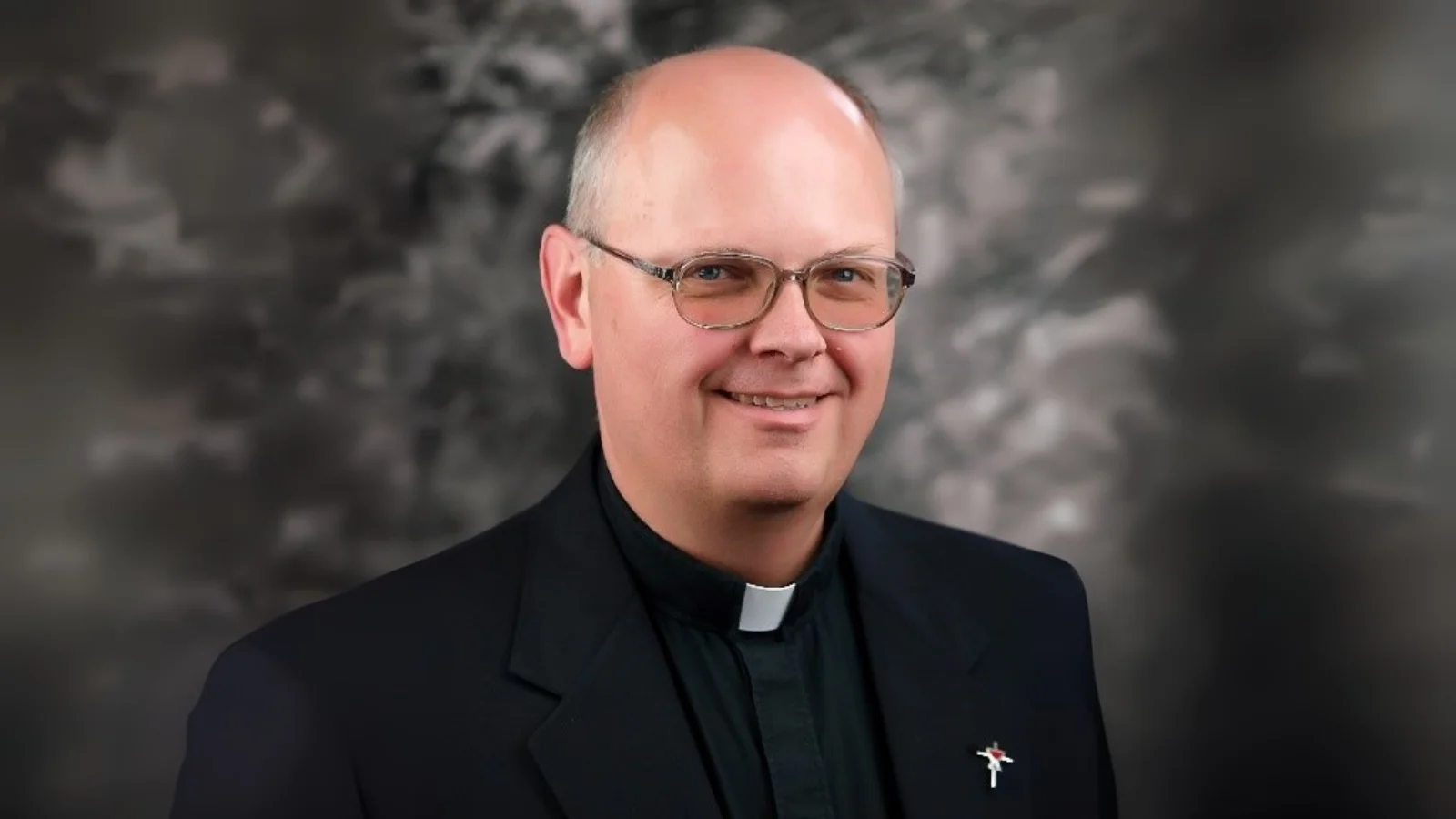
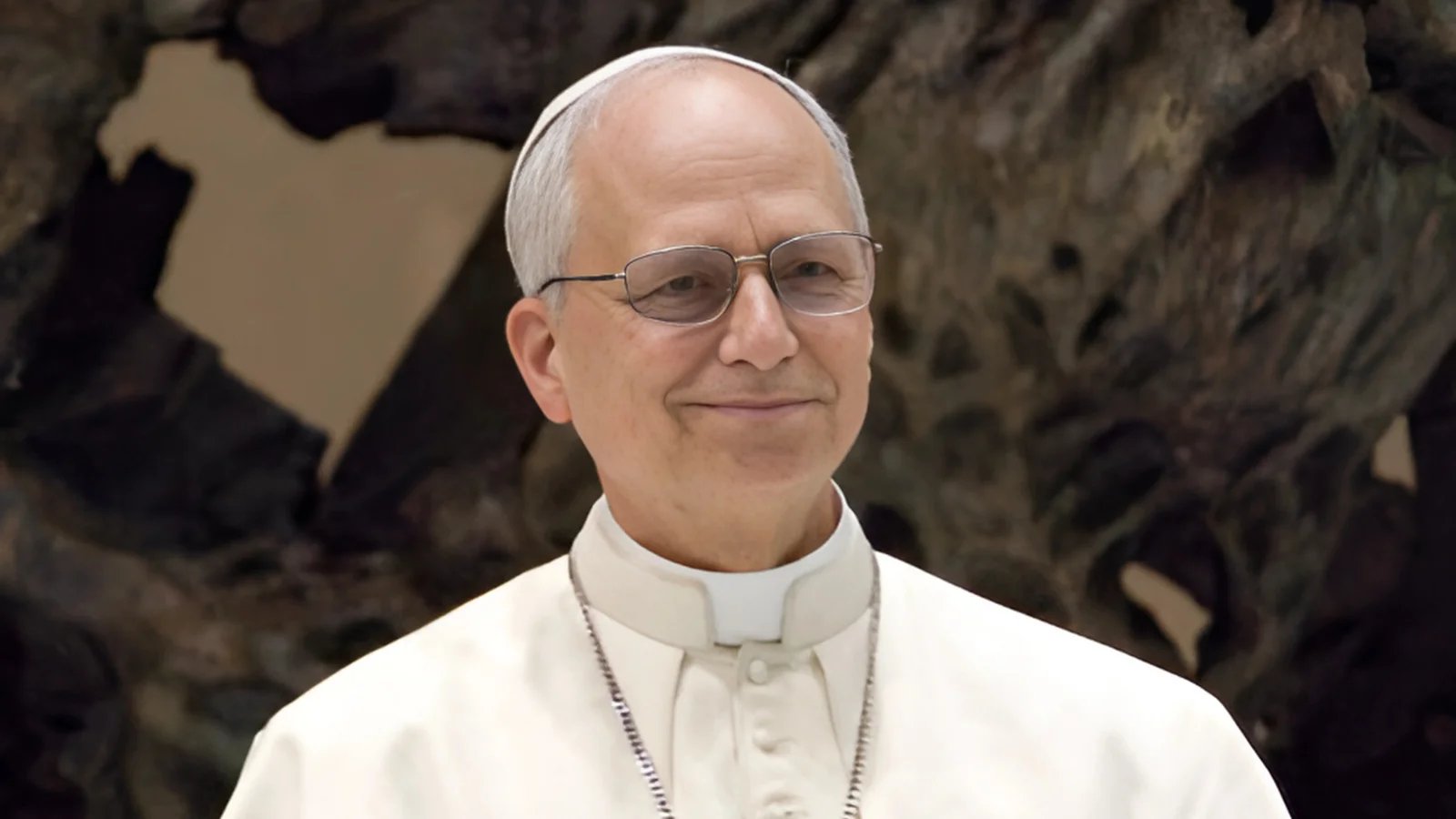
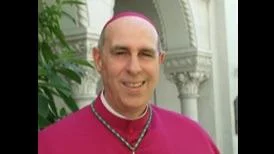
 Alerts Sign-up
Alerts Sign-up